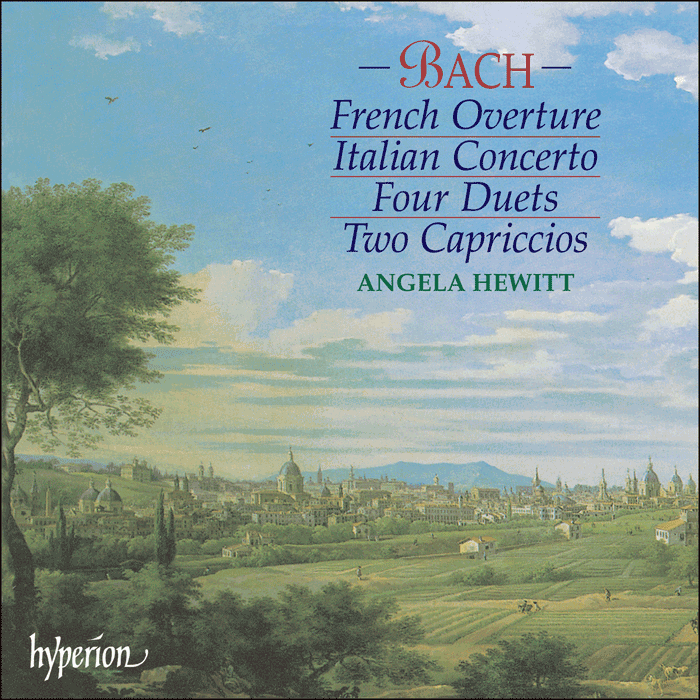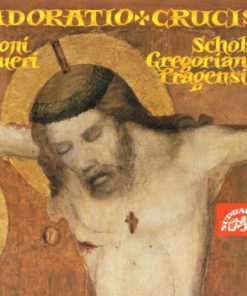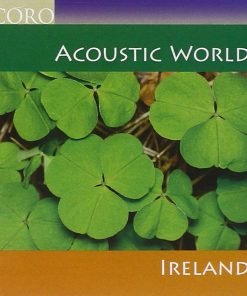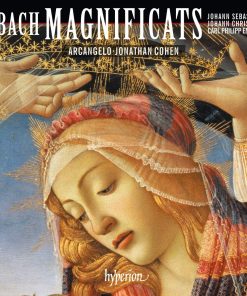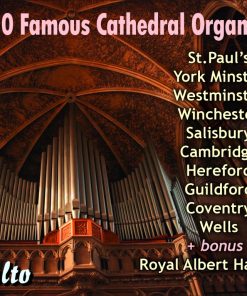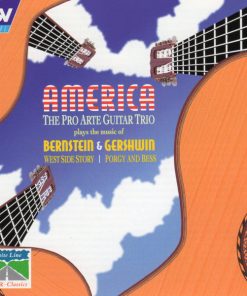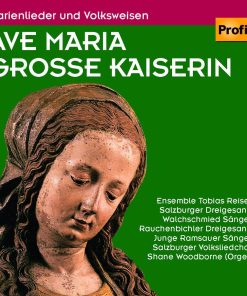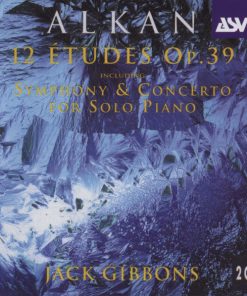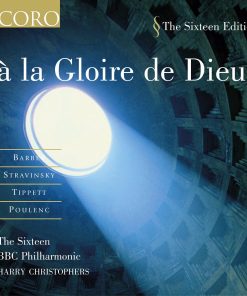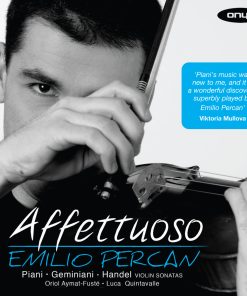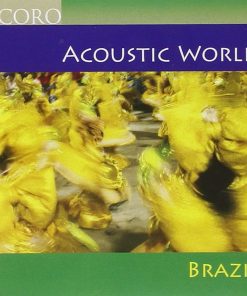BACH: French Overture; Italian Concerto; Capriccios – Angela Hewitt Hyperion
$ 20,99 $ 12,59

Concerto nach Italienischen Gusto ‘Italian Concerto’ BWV971[12’44]
1
[untitled][3’41]
2
Andante[5’38]
3
Presto[3’25]
Capriccio in B flat major ‘on the departure of his beloved brother’ BWV992[10’07]
4
Ist eine Schmeichelung der Freunde, um denselben von seiner Reise abzuhalten: Arioso (Adagio)[1’58]
5
Ist eine Vorstellung unterschiedlicher Casuum, die ihm in der Fremde könnten vorfallen[1’09]
6
Ist ein allgemeines Lamento der Freunde: Adagissimo[3’17]
7
Allhier kommen die Freunde (weil sie doch sehen, dass es anders nicht sein kann) und nehmen Abschied[0’28]
8
Aria di postiglione: Allegro poco[1’04]
9
Fuga all’imitazione della cornetta di postiglione[2’11]
10
Capriccio in E major ‘in honorem Johann Christoph Bachii Ohrdrufiensis’ BWV993[5’13]
11
Duet in E minor BWV802[2’45]
12
Duet in F major BWV803[2’32]
13
Duet in G major BWV804[3’24]
14
Duet in A minor BWV805[2’01]
Ouvertüre nach Französischer Art ‘French Overture’ BWV831[32’19]
15
Ouverture[12’09]
16
Courante[2’27]
17
Gavotte I[1’23]
18
Gavotte II[1’25]
19
Gavotte I da capo[0’46]
20
Passepied I[1’09]
21
Passepied II[0’56]
22
Passepied I da capo[0’43]
23
Sarabande[4’00]
24
Bourrée I[0’52]
25
Bourrée II[1’03]
26
Bourrée I da capo[0’29]
27
Gigue[2’32]
28
Echo[2’25]

Angela Hewitt’s recordings of J S Bach’s keyboard works are rapidly being seen as the definitive modern survey on the piano. Such is her natural affinity for Bach’s style, her aliveness to his dancing rhythms and her sensitive use of the modern instrument, that she is the natural successor to a prestigious line of great Bach pianists.
This disc includes works from the second and third volumes of Bach’s Clavierübung (Keyboard Practice). In the Italian Concerto and French Overture Bach demonstrates not only his skill as translating to the keyboard two of the most popular orchestral genres of the time, but also his natural assimilation of their respective national characteristics, while remaining true to his own style. These are among his happiest inspirations. The Italian Concerto brims with joyous thematic invention and allusions to solo and orchestral contrasts, while the French Overture (often called a Partita) is a lively dance suite. The Four Duets, rather like more mature Two-part Inventions, and the youthful Capriccios complete a sunny and inspirational disc.
All of the music on this album is also available as part of the specially priced box set Angela Hewitt plays Bach: ‘A magnificent retrospective of Angela Hewitt’s achievement as a pianist in the keyboard works of J S Bach … this remarkable set of recordings marks something of a milestone for everyone involved with classical music, as well as for Hyperion’ (MusicWeb International).
Fast Shipping and Professional Packing
Due to our longstanding partnership with UPS FedEx DHL and other leading international carriers, we are able to provide a range of shipping options. Our warehouse staff are highly trained to pack your goods exactly according to the specifications that we supply. Your goods will undergo a thorough examination and will be safely packaged prior to being sent out. Everyday we deliver hundreds of packages to our customers from all over the world. This is an indication of our dedication to being the largest online retailer worldwide. Warehouses and distribution centers can be located in Europe as well as the USA.
Orders with more than 1 item are assigned processing periods for each item.
Before shipment, all ordered products will be thoroughly inspected. Today, most orders will be shipped within 48 hours. The estimated delivery time is between 3-7 days.
Returns
The stock is constantly changing. It's not entirely managed by us since we are involved with multiple parties such as the factory and our storage. The actual stock can fluctuate at any time. Please understand it may happen that your order will be out of stock when the order is placed.
Our policy is valid for 30 days. If you haven't received your product within 30 days, we're not able to issue either a return or exchange.
You are able to return a product if it is unused and in the same condition when you received it. It must also still remain in the original packaging.
Related products
MUSIC CD
MUSIC CD
MUSIC CD
